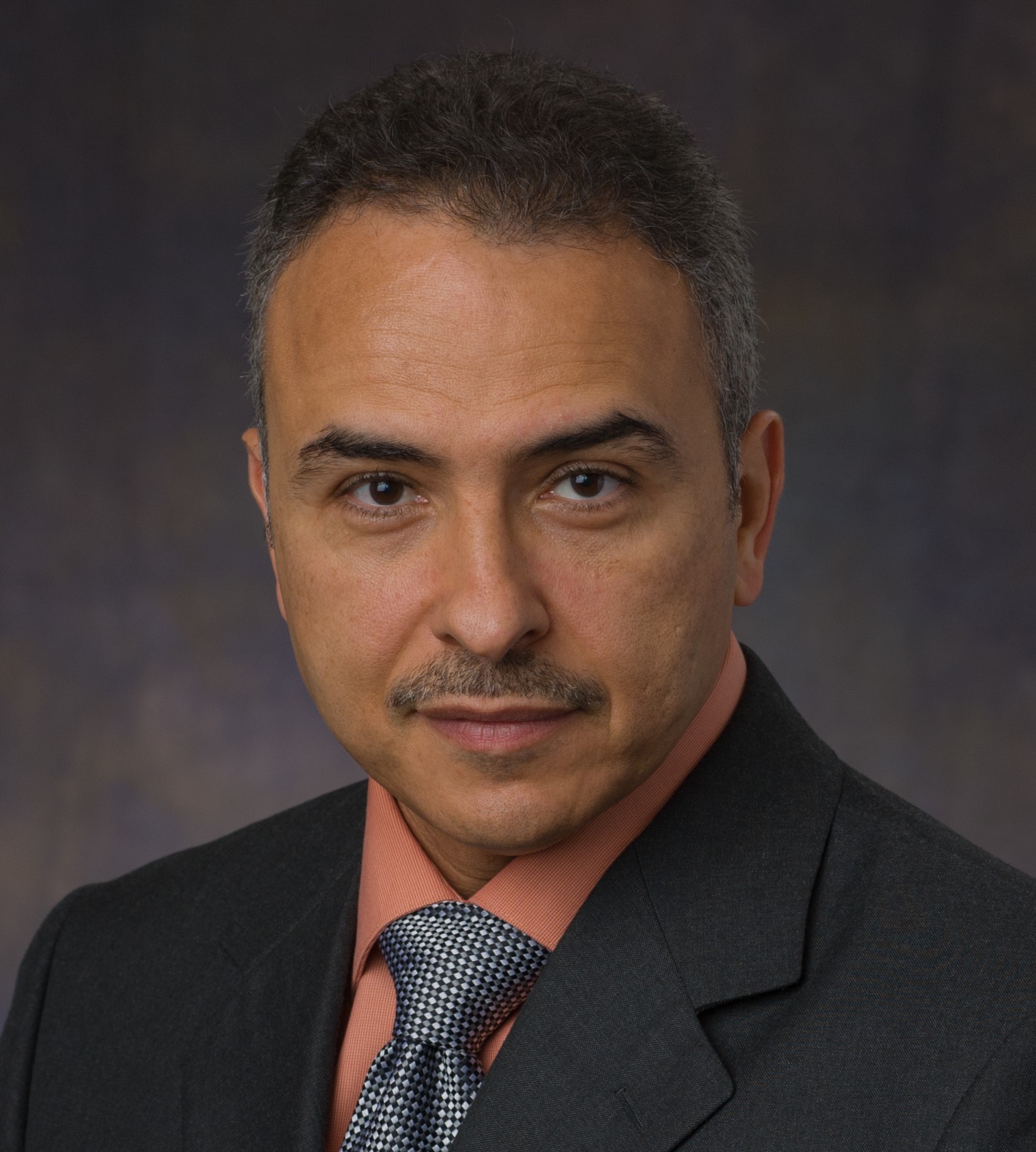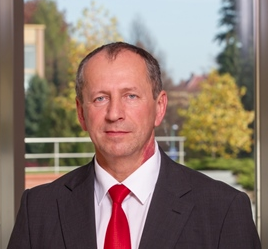Talk Title: Towards Community-Oriented Edge Computing – With a Healthcare Use Case
Abstract:
Unlocking the power of everyday devices, known as Extreme Edge Devices (EEDs), can enhance data-intensive and time-sensitive applications. However, preserving data privacy and cost efficiency is crucial for EED-enabled computing. We achieve this by introducing the Community Edge Platform (CEP), which forms communities of requesters and EEDs through business, institutional, and social connections. CEP promotes mutual service exchange, prioritizing nearby EEDs as workers and uses resource usage prediction to account for their dynamic and diverse nature.
The fluctuating availability and capabilities of workers can result in variations in service quality. To address this, we forecast worker availability in real time. We also establish a reputation system based on past performance to ensure the reliability of workers. To enhance reliability and protect worker privacy in community-oriented edge computing, we implement a "black box" approach for cost-effective task replication, eliminating the need for information exchange about devices. This approach reduces uncertainty and builds trust in the system.
In healthcare, CEP is a game-changer. We discuss scenarios with health monitoring in hospitals, where devices forming the community help doctors respond quickly to vital data while keeping patient info safe. CEP can also be used for telemedicine, connecting patients with doctors, no matter how far apart they are, making healthcare more accessible.
About the Speaker

Prof. Dr. Hossam Hassanein is a leading authority in the areas of broadband, wireless and mobile networks architecture, protocols, control and performance evaluation. His record spans more than 600 publications in journals, conferences and book chapters, in addition to numerous keynotes and plenary talks in flagship venues. Dr. Hassanein has received several recognition and best paper awards at top international conferences. He is the founder and director of the Telecommunications Research Lab (TRL) at Queen's University School of Computing, with extensive international academic and industrial collaborations. He is the recipient of the 2016 IEEE Communications Society Communications Software Technical Achievement Award for outstanding contributions to routing and deployment planning algorithms in wireless sensor networks, and the 2020 IEEE IoT, Ad Hoc and Sensor Networks Technical Achievement and Recognition Award for significant contributions to technological advancement of the Internet of Things, ad hoc networks and sensing systems. Dr. Hassanein is a fellow of the IEEE, and is a former chair of the IEEE Communication Society Technical Committee on Ad hoc and Sensor Networks (TC AHSN). He is an IEEE Communications Society Distinguished Speaker (Distinguished Lecturer 2008-2010).
For more information, please refer to the following webpage:
A detailed information about Dr. Hassanein can be found HERE
Talk Title: Metaheuristic Optimization in Hyperbolic Space
Abstract:
Hyperbolic spaces have recently achieved acceleration in the context of machine learning of their high capacity and tree-likeliness structures, taxonomies, text, and graphs. With the same dimension, a hyperbolic vector can represent richer information than a Euclidean vector. In this paper, we propose Metaheuristic optimization algorithms in hyperbolic space. Considering that the most popular optimization tools have not been generalized in hyperbolic space, we design optimization algorithms according to the specific property of the hyperbolic manifold.
However, a major bottleneck here is the obscurity of hyperbolic space and a better comprehension of its gyrovector operations. We aim to introduce researchers and practitioners in the metaheuristic community to the hyperbolic equivariant of the Euclidean operations necessary to tackle their application to Metaheuristic optimization.
We conduct experiments on various metaheuristic algorithms in hyperbolic space.
About the Speaker

Dr. Václav Snášel's research and development experience includes over 35 years in the Industry and Academia.
He works in a multi-disciplinary environment involving Artificial intelligence, Bioinformatics,
Information retrieval, Machine Intelligence, Data Science, Nature and biologically inspired computing,
and applied to various real-world problems. He studied numerical mathematics at Palacky
University in Olomouc, a Ph.D. degree obtained at Masaryk University in Brno. From 2001 to 2009,
he worked as a researcher at The Institute of Computer Science of the Academy of Sciences of
the Czech Republic. Since 2009 he has worked as head of the research program Knowledge Management
at IT4Innovation National Supercomputing Center; from 2010 until 2017, he works as
dean of the Faculty of Electrical Engineering and Computer Science. Since 2017 he has been rector of
the VSB-Technical University of Ostrava. He teaches as a professor at VSB – Technical University of
Ostrava. He has given 18 plenary lectures and conference tutorials in these areas.
He has authored/co-authored several refereed journal/conference papers and book chapters.
He has published over 800 papers (570 papers are indexed in Web of Science and 800 in Scopus).
He has supervised 50+ Ph.D. students from the Czech Republic, Jordan, Yemen, Slovakia, Ukraine,
Russia, India, China, Lybia, and Vietnam. He is co-editor of 40 books in Springer.
A detailed information about Dr. Snášel can be found HERE








